Note: In 2021, I’m writing a new blog post every weekend or so. This is entry 47 of 52.
Note: Thanks to Prison Abolition & Prisoner Support (PAPS) for connecting me with a researcher who prefers to remain anonymous.
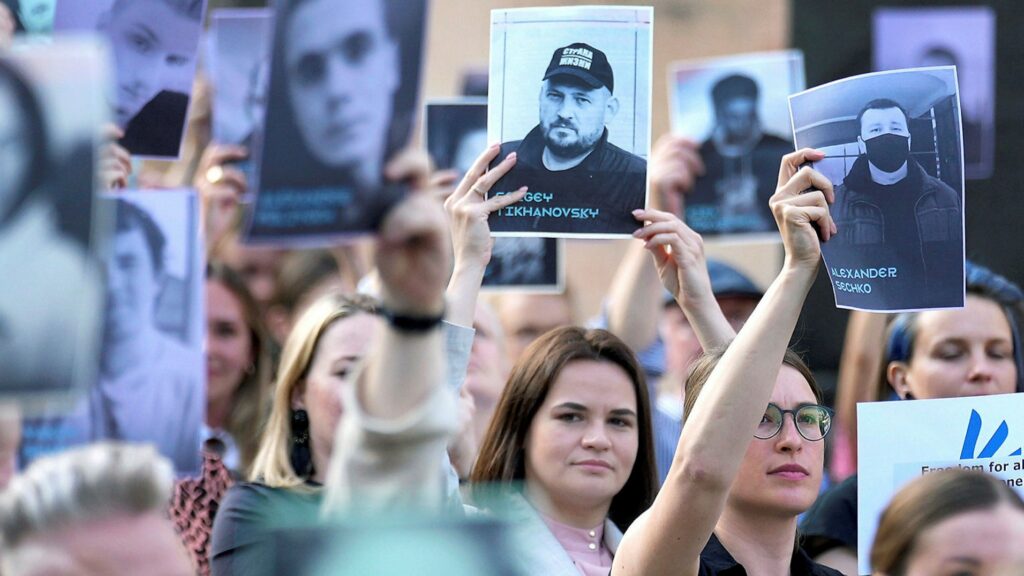
Today, Saturday 27 November 2021, is the international day of solidarity with political prisoners of the pro-democracy opposition movement in Belarus. I picked out two to write, Sergei Tikhanovsky and Maryja Uspenskaya, whose biographies are below. I explain how you can write Belarusian prisoners too, whether by snailmail like me or via online only. Plus, I supply a refresher and updates on Belarus overall, explanations why the United States public should support the Belarusian pro-democracy activists, and some additional knowledge-drops.
Quick refresher and updates on Belarus
Regular readers of my blog know I’ve covered Belarus here before; to review that material, just click my Belarus tag.
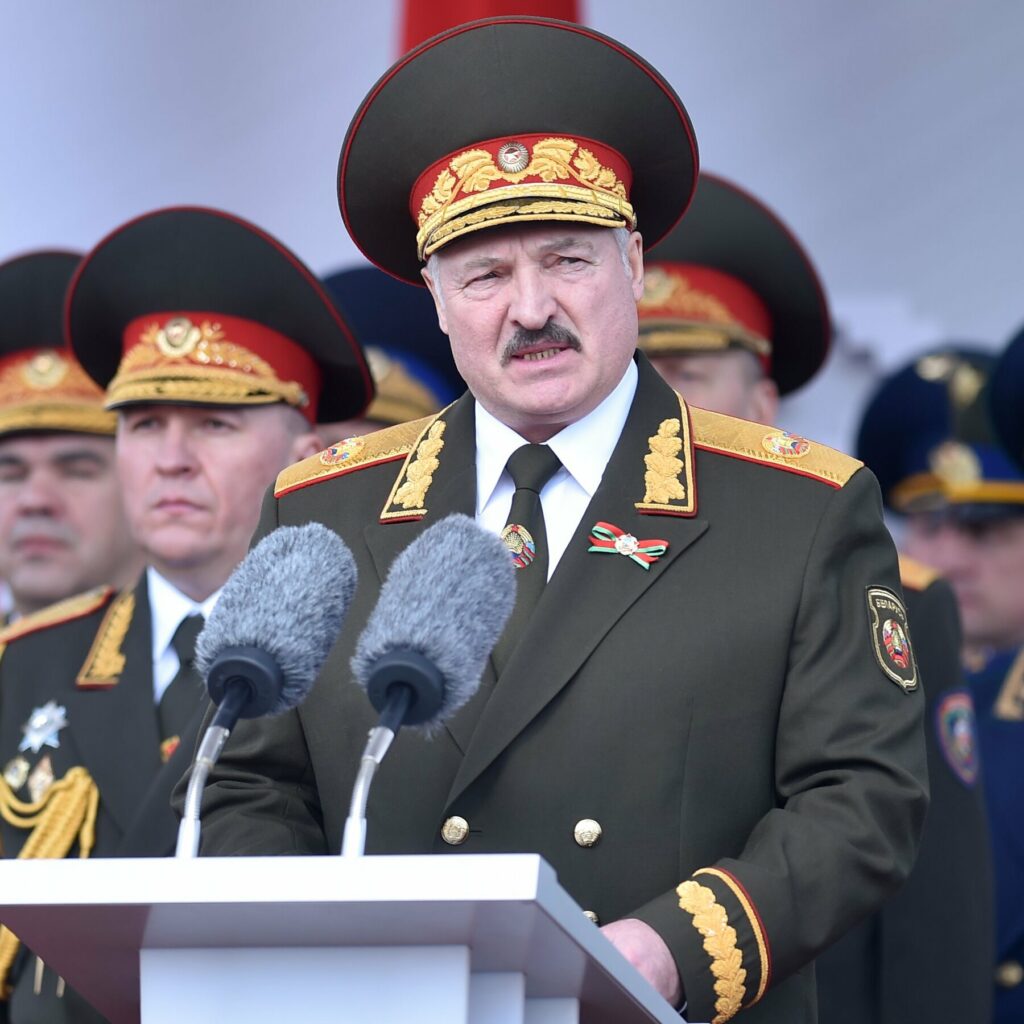
For those new to the subject and for anyone else wanting a quick refresher on Belarus, here’s the situation. To the surprise of many, Europe still has one last dictator, Alexander Lukashenko, predictably called “father” by his supporters. Protected by and allied with Russia’s Putin regime, Lukashenko ascended to the presidency of the landlocked eastern European country, formerly part of the Soviet Union, in 1994. Recently, he’s kept power by stealing the country’s 2020 presidential election. Besides his embarrasingly out-of-fashion USSR-style clothes, Lukashenko controls the country’s media and industry; he also maintains the death penalty in the only European country to have it (the executed are shot in the head). Meanwhile, his riot police arrest protesters, snatch-and-grabbing innocent bystanders as well (see two-minute Human Rights Watch video). The dictatorship plots or carries out assassinations (including murdering a journalist), his forces engage in widespread torture, beatings, rape, and he particularly goes after those Belarusians who challenge his fake authority.

The country’s opposition movement is led by former English teacher Sviatlana Tsikhanouskaya, who rightfully won the 2020 Belarusian presidential election. Detained immediately after her victory when she challenged the bogus results giving the presidency to Lukashenko, she was then apparently forced to record hostage-like videos conceding the election and calling herself a “weak woman.” Previously I wrote up my research about the NY Post publishing strangely edited footage of Belarusian opposition supporter Andrei Zeltser’s murder, footage originally created by the regime, without informing their readers the video initially came from the dictatorship. Further, as #OpGabon/#OpDeathEaters first noted nearly three years ago, and the Washington Post deigned to cover only less than two years ago, video “deepfakes” in politics is becoming a norm. Shortly after the coerced videos, the strong Sviatlana Tsikhanouskaya made it to Lithuania, where she remains today with her two children. For Belarus, she chiefly seeks release of political prisoners and free and fair elections. She also supports term limits, human rights, and allowing Belarusians to vote on the question of getting away from union / integration with Russia.
As for updates on Belarus, consider two stories from this month. First, the refugees on the border between Poland and Belarus. In retaliation for sanctions placed on Belarus by the European Union, Lukashenko is threatening to cut off gas from Russia to the EU, energy deliveries that pipe through “his” country. To strengthen his position, Lukashenko has weaponized refugees, creating a political crisis for neighboring Poland and endangering human lives. Using the state-owned travel company Tsentrkurort, the dictatorship lured Iraqi citizens to the Belarus-Poland border by helping them obtain fast, easy Belarusian visas. They also turned people from elsewhere into refugees on the same border. They did this by organizing their travel and, according to witnesses, forcibly transporting people by truckload. The refugees are now trapped in grave danger, including risky weather conditions and beatings, since Poland is violating its obligations under international law by refusing to help them. In short, the dictatorship, with tricks and trafficking, is treating these desperate people as pawns for its European geopolitical struggles. Thankfully, some locals and other human rights defenders have been rendering direct aid to the refugees, but more help is very much needed. Second, via a million-dollar deal, an ex-warden in Lithuania—he worked in the carceral system for nearly forty years—apparently helped the Lukashenko regime dodge those same EU sanctions, meant to impair the dictatorship, by arranging for the banned export of heavy-duty trucks manufactured by the sanctioned regime-owned company BelAZ. The furious Lukashenko is trying to stop alleged leaks of sanctions breaches (perhaps including this ex-warden story), saying publicly that “bastards” are “spying” and “seeking to inform the collective West” of his human rights-violating regime evading sanctions.
Meet Sergei Tikhanovsky

The first political prisoner I picked out to write is Sergei Tikhanovsky. He’s the husband of opposition leader Sviatlana Tikhanovsky and the father of her two children. A popular vlogger in his forties, Sergei Tikhanovsky in 2019 started the youtube channel “A Country for Life” to advocate for a better Belarus. The channel, still active thanks to his allies, often focuses on the stories of everyday entreprenuers, a topic of great importance in a former Soviet country. In May 2020, Sergei Tikhanovsky announced his candidacy for presidency and was arrested, supposedly for his participation in a protest against the integration of Belarus and Russia but primarily for his candidacy, leading to Amnesty International declaring him a prisoner of conscience. That’s when his wife stepped in to run for the presidency herself. Sergei Tikhanovsky remains in prison to this day. You can find additional biographical information on him here in Russian; you can translate that webpage into English using Chrome.
Embedded below, a May 2020 episode, 71 minutes long, from “A Country for Life” comparing living in the United States with living in Belarus. It’s Sergei Tikhanovsky, two months before his arrest, interviewing Kate about her impressions returning to Belarus following her 14 years in the United States.
Write:
Sergei Tikhanovsky
222163 ST-8
Zhodino Street
Sovietskaya 22a
Belarus
Meet Maryja Uspenskaya
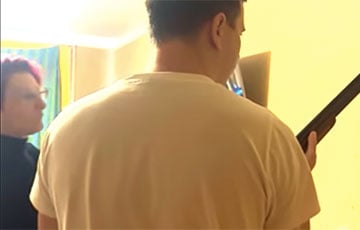
The second political prisoner I picked out to mail is Maryja Uspenskaya. She’s the wife of Andrei Zeltser, whose murder in the Belarusian capital of Minsk at the hands of Lukashenko’s KGB I wrote about previously on my blog. I also discussed how Zeltser, an employee of the Pennsylvania-based IT firm EPAM Systems whose founder supports the Belarusian pro-democracy movement, is reportedly a US citizen, but the US media outlets which loudly questioned his citizenship immediately after his death never bothered to follow up and answer their own question; I discussed how I’ve been trying to contact the US State Department to get a definitive answer on his nationality, but in addition to the Department of State shutting down the phone number for journalists to call, and their mail server bouncing back emails, other evidence suggests, perhaps due to brain drain, the lights are slowly turning off at the State Department: increasingly, nobody’s home. That’s overstating things a little, yet still, for my US friends, renew your passports now.
For all the valid news concern over Andrei Zeltser’s murder, there’s simultaneously an unwarranted dearth of information surrounding his wife Maryja Uspenskaya (are we seeing a pattern yet?), who to all appearances is in the background of the KGB’s propaganda footage of the murder. In fact, the apartment where Zeltser was shot to death likely belongs to Maryja Uspenskaya or her brother. Her family seems to own the unit; maybe she was subleasing. That would help explain why Zeltser called the local cops as plainclothes strangers busted down his door: likely he didn’t think it was the KBG arriving, just random criminals instead. And maybe the KGB wasn’t even after Andrei Zeltser. Perhaps they were primarily after Maryja Uspenskaya’s brother or Maryja Uspenskaya herself. After all, the couple had been going door to door to collect signatures required for, I believe, Sviatlana Tsikhanouskaya’s dispute of Lukashenko’s election theft.
On October 9, the pro-opposition online media outlet Nexta (as in “next generation”) tweeted that Maryja Uspenskaya was tortured in the notorious police detention center Okrestina, known for severe abuse of pro-democracy protesters. (“I admit it,” Lukashenkt told the BBC this month. “People were beaten in the Okrestina detention centre.”) Nexta went on to say Maryaj Uspenskaya’s “outerwear was seized and the heating in cell was turned off in -1 degree outside.Maria doesn’t have any basic things with her — change of clothes and toothbrush.”
On October 22, a twitter account created two months ago and using the name Oleg But tweeted that “Andrei Zeltser’s wife was transferred from the pre-trial detention center to Novinki. Maria Uspenskaya will undergo a psychiatric examination.” Novinki means the Republican Scientific and Practical Center for Mental Health. I assume she’s currently there, but I’ve found no other source corroborating that tweet.
As far as I can discern so far, no current information on Maryja Uspenskaya’s status is available in English, which is highly worrisome.
Based on interviewing her acquaintances, Charter 97 approvingly describes Maryja Uspenskaya as a “very energetic and combative” person. Observers noticed how Andrei Zeltser was handsome and younger than she. Charter 97 also describes Uspenskaya as “positive, very cheerful. She loved her husband very much and treasured her relationship with him. She and Andrei went to psychologists: they had no problems but just wanted to build an even stronger relationship.” That’s really cool!
Write:
Maryja Uspenskaya
Nauchno-Prakticheskiy Tsentr Psikhicheskogo Zdorov’ya
Dawhinawski Trakt 152
Minsk 220053
Belarus
How to write Belarusian pro-democracy political prisoners
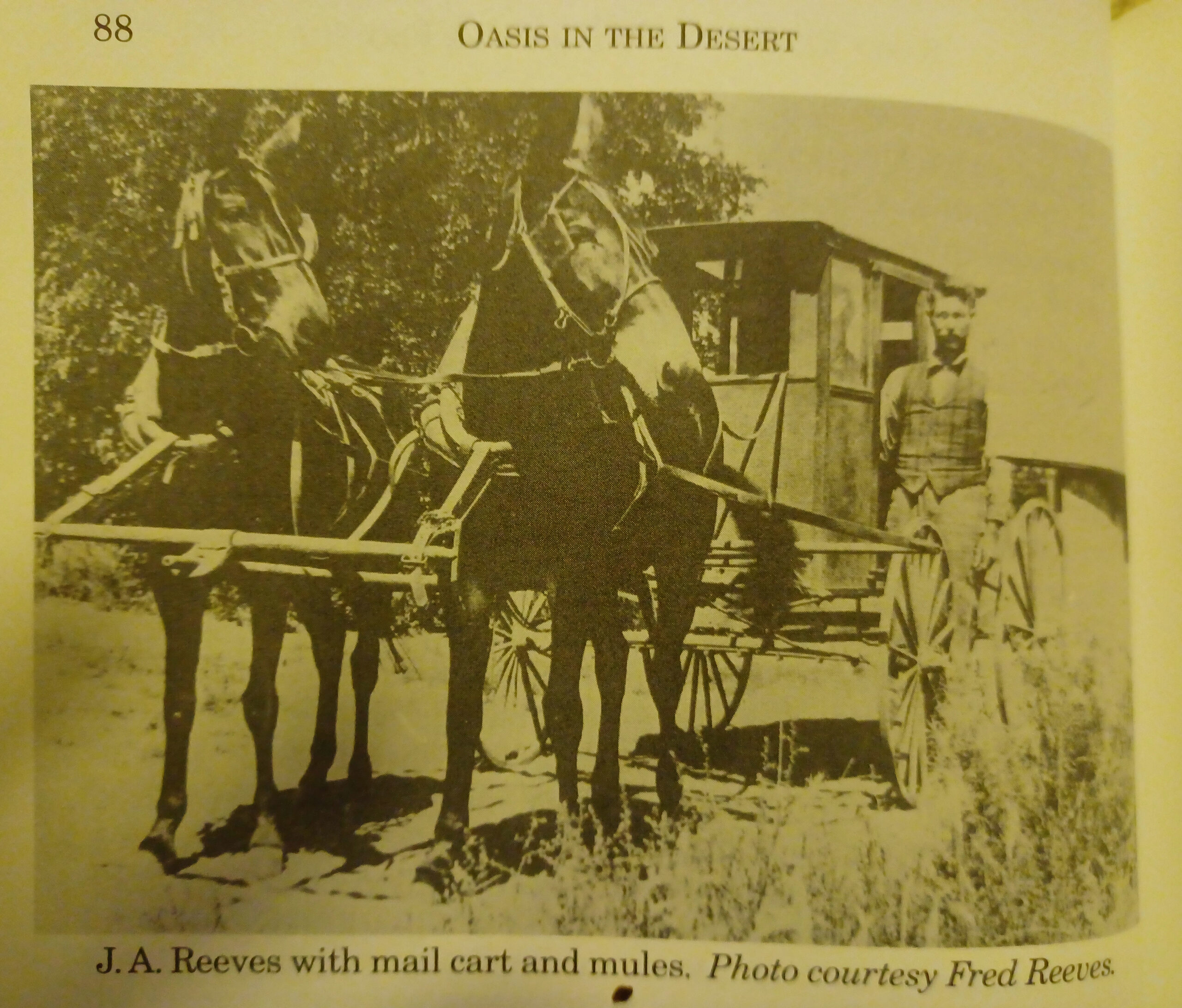
The Minsk-based Human Rights Center Viasna, formed in 1996 to aid arrested pro-democracy protesters and their families in Belarus, maintains this database of Belarusian political prisoners (but oddly, it lacks entries for Sergei Tikhanovsky and Maryja Uspenskaya). You can pick prisoners from there and/or write the two I selected.
If you want to send mail via online only, check out the Vkletochku project. According to the English version of their webpage, their volunteers will translate what you type into this form, even, optionally, sending you by email any reply.
If you want to write via snailmail, then Human Rights Center Viasna provides this helpful article with the lovely title “Support has no boundaries: how to write letters to political prisoners if you are outside of Belarus.” It answers many frequently asked questions about snailmailing the prisoners. The prisons are more likely to accept handwritten letters, for instance, and they require letters to be written in Belarusian or Russian. The Viasna article also supplies handy templates translating prefab English letters into Belarusian and Russian.
The following three articles from various sources, all in Russian but available in English via Google Translate in Chrome, provide additional nitty-gritty tips: 1, 2, 3.
For those like me writing by snailmail from the United States, the first step, if like me you don’t speak Belarusian or Russian, is to write your letters in English, then have them translated. You can ask around for translation help; check individuals using the relevant hashtags like #StandWithBelarus and #FreeBelarus to see if any will translate for you or connect you with translators. After handwriting your translated letters into unfamiliar script on white pages, add supplies for the prisoners to snailmail you back. In theory, the United States Postal Service should be able to answer what kind of postage they will need; if not, hopefully someone else can answer this. Take the finished envelope to the USPS station, photograph your work to share online, and talk with a postal worker to have it snailmailed. The postal worker, or quite possibly, the postal worker’s supervisor, might explain various additional requirements. I’ll try this myself next Saturday. In the meantime, USPS Publication 141 has some additional information on PDF page 143, and maybe the @USPSHelp twitter account will reply to a question of mine with extra details.
Whether you send mail via online only, or by old-fashioned postal service, take a screenshot or photograph of your work, then wipe metadata, then share the images online and/or share them with me (dal@riseup.net). I’ll post my work and anyone else’s next weekend.
Why the United States public should support the Belarus opposition
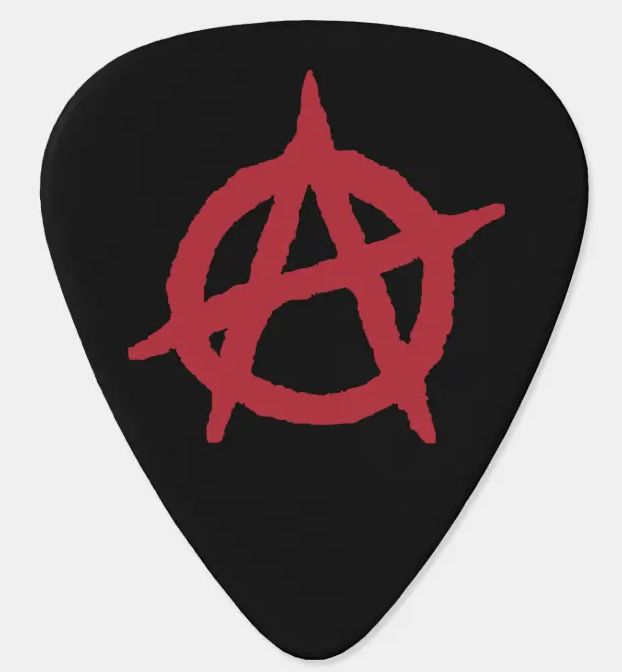
Because it’s fun and even euphoric to interact not with stupid frenemies but courageous individuals who deserve support. Yes, it can also induce irrational shame-attacks as a result of growing up in and being surrounded by a smug population hostile to effortful activism; but, the only way out is through. With time and supportive networks, such an irrational shame-attack can be consciously disagreed with and it can pass like nothing more than a brief spooky breeze.
Also, the United States public tends to imagine that its presidential elections revolve around voting. Besides the flaws in the secretive, corporate, closed-source computerized election equipment that have been well documented for decades, consider that pressuring the authorities to support the Belarusian opposition instead of Alexander Lukashenko could really improve domestic well-being in the US as well as the country’s international standing. The leaders of the red religion in the United States support Trump, who in turn supports Putin, who in turn supports Lukashenko, ironic since Lukashenko loves the USSR while top pro-democracy Belarusian opposition figures like Sergei Tikhanovsky are huge advocates for small-biz entreprenuers. The leaders of the blue religion in the United States — who, as a commenter on last weekend’s post noted, may not mind TrumPutin all that much since hate for TrumPutin takes heat off Democrats as Joe Biden continues to enjoy power — can at least be pressured to change policies if the public puts in massive effort.
Next weekend: Progress of #StandWithBelarus letter-writing and #PardonRealityWinner efforts
Speaking of effort, as stated above, next weekend I’ll post to my blog how my snailmailing the two Belarusian political prisoners went, e.g., any issues at the USPS station.
Next time I’ll post, too, about progress related to my entry last weekend on the #PardonRealityWinner campaign. Namely, my contacting the US Pardon Attorney as well as my local elected officials.
If you do the same for either campaign or both, feel free to email me (dal@riseup.net) or comment below to share your progress!


This blog post, #StandWithBelarus: Writing pro-democracy political prisoners for the international day of solidarity with the Belarusian opposition, by Douglas Lucas, is licensed under a Creative Commons Attribution-NonCommercial-ShareAlike 4.0 International License (human-readable summary of license). The license is based on the work at this URL: https://douglaslucas.com/blog/2021/11/27/writing-belarus-prisoners-international-solidarity-opposition/. You can view the full license (the legal code aka the legalese) here. For learning more about Creative Commons, I suggest reading this article and the Creative Commons Frequently Asked Questions. Seeking permissions beyond the scope of this license, or want to correspond with me about this post one on one? Email me: dal@riseup.net.
 Twitter:
Twitter:
Join the conversation